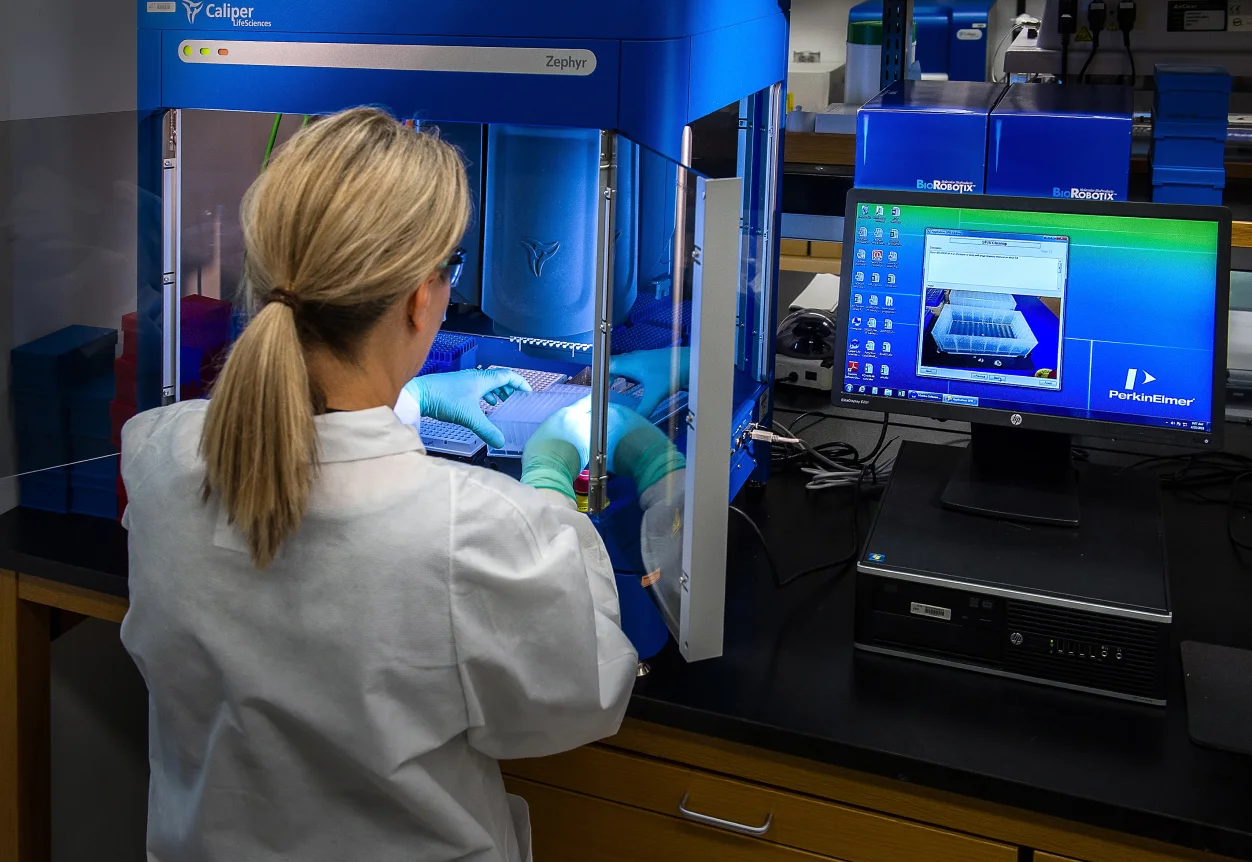
Online Monitoring
Hospital online monitoring systems represent a paradigm shift in healthcare delivery, harnessing the power of digital technology to enhance patient care, streamline clinical workflows, and improve healthcare outcomes. These systems encompass a range of interconnected devices, software platforms, and data analytics tools that enable real-time monitoring of patients’ vital signs, clinical parameters, and medical records from remote locations. By leveraging Internet of Things (IoT) technology, wireless sensors, and cloud computing infrastructure, hospital online monitoring systems enable healthcare providers to continuously monitor patients’ health status and intervene promptly in case of any deviations or emergencies.
One of the key advantages of hospital online monitoring systems is their ability to facilitate proactive and personalized patient care. By continuously monitoring patients’ vital signs, such as heart rate, blood pressure, oxygen saturation, and temperature, these systems can detect subtle changes or early warning signs of deterioration, allowing healthcare providers to intervene promptly and prevent adverse events. Moreover, hospital online monitoring systems can enable remote patient monitoring, allowing healthcare teams to monitor patients’ progress and recovery from outside the hospital setting. This not only improves patient comfort and convenience but also reduces the need for unnecessary hospital readmissions and emergency department visits.
Furthermore, hospital online monitoring systems can enhance clinical decision-making and care coordination by providing real-time access to patient data and medical records. By integrating with electronic health record (EHR) systems and clinical decision support tools, these systems enable healthcare providers to access comprehensive patient information, review historical data, and make informed treatment decisions. Additionally, hospital online monitoring systems can facilitate communication and collaboration among multidisciplinary care teams, enabling seamless coordination of care and ensuring that all members of the healthcare team are on the same page.
From a healthcare system perspective, hospital online monitoring systems offer the potential to improve resource utilization, optimize bed management, and reduce healthcare costs. By enabling early detection and intervention, these systems can help prevent costly complications, reduce the length of hospital stays, and improve overall patient outcomes. Moreover, by facilitating remote patient monitoring and telemedicine consultations, hospital online monitoring systems can extend the reach of healthcare services to underserved populations, improve access to care, and reduce disparities in healthcare delivery.





